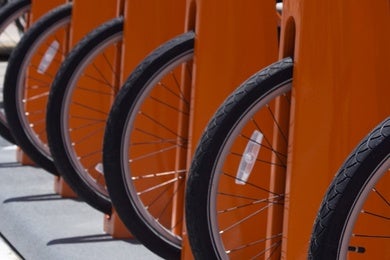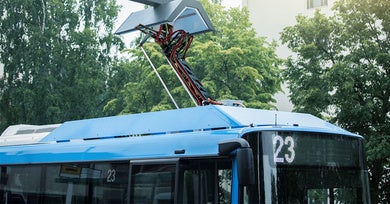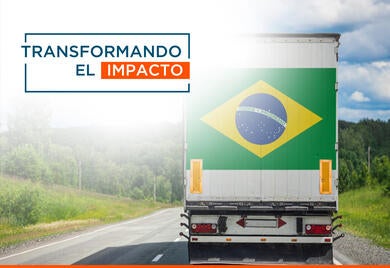Ugly food leads to innovation in fighting hunger

[caption id="attachment_1680" align="alignleft" width="300"] Photo credit: Creative Commons by Erich Ferdinand[/caption]
Photo credit: Creative Commons by Erich Ferdinand[/caption]
This means that part of the food available in Latin America is either lost or wasted. Food losses occur when there is a decrease in the food available for human consumption at various stages of the food chain; from production to post-harvest, storage and transport. Food waste occurs when foods that still have nutritional value are discarded by retailers and consumers. The latter is directly related to behavioral patterns and decisions made by food handlers. Not only does it account for the majority of loss within the food chain, but it also represents resources that could meet the needs of more than 60 percent of those who suffer from hunger in the region.
How does so much food that is good for consumption end up in the trash? To tackle this issue the U.N.’s Food and Agriculture Organization has launched the Save Food initiative, mobilizing both public and private sector partners to improve the efficiency of food systems, establish regulatory frameworks, strategic alliances, and also raise public awareness on this issue. They are actively looking for experts to share knowledge among countries and create a viable strategy for Latin America and the Caribbean.
Creativity on these issues should have no boundaries. As we look around the world for examples on how the private sector has limited food waste, might first visit la belle France. Intermarche is a French supermarket chain that realized that consumer behavior plays a huge role in food waste. Therefore they launched the Inglorious Fruits and Vegetables campaign to avoid the discarding of produce that is perfectly suitable for consumption but is considered “less aesthetically desired” by consumers. The not-so-pretty vegetables and fruits received a hefty makeover publicity campaign and a 30 percent mark-down in price – and as a result have charmingly flown off the shelves and into people’s hungry tummies.
Now imagine if more initiatives such as this, targeted to producers, distributors and especially consumers, could take off. Taking a bite out of food waste and hunger in Latin America and the Caribbean would never have tasted so good.
https://www.youtube.com/watch?v=p2nSECWq_PE
¿TE GUSTA LO QUE ACABAS DE LEER?
Suscríbase a nuestra newsletter para mantenerse informado sobre las últimas noticias de BID Invest, publicaciones de blog, próximos eventos y para obtener más información sobre áreas específicas de interés.
Suscribirse


